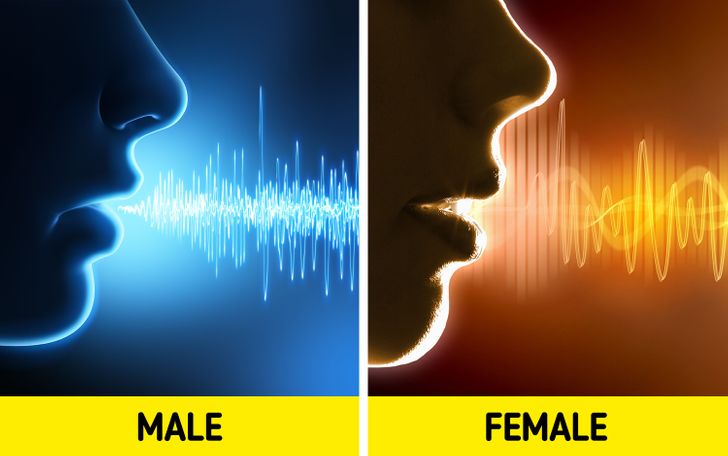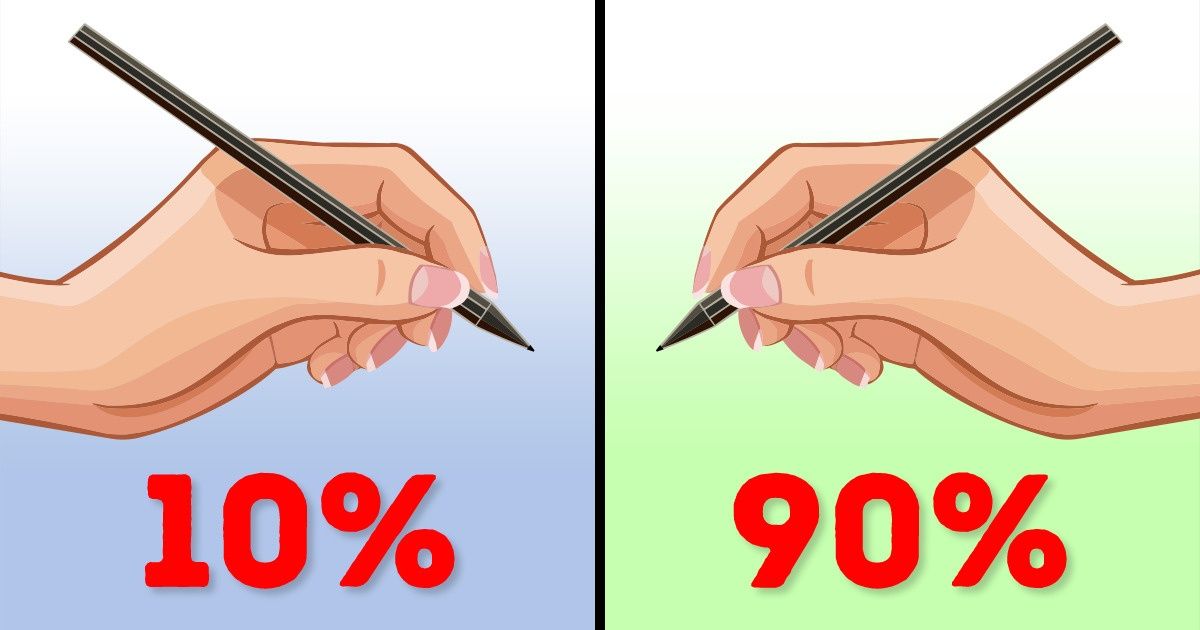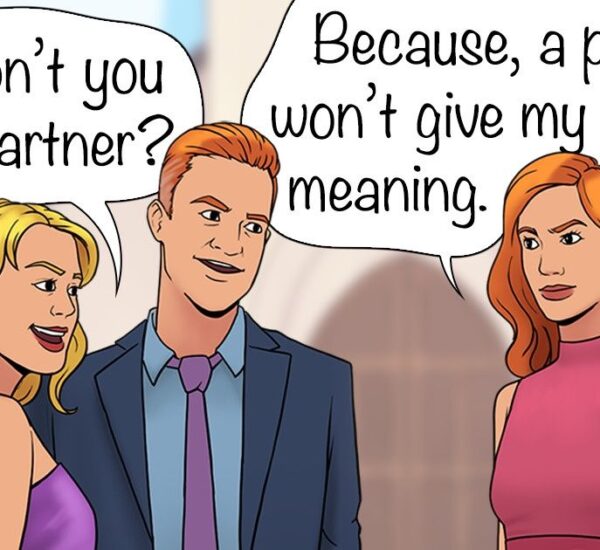It’s hard not to notice that most voice assistants look like women. From a survey, it was found that people simply prefer these voices because they sound neutral, are not distracting, and correspond to the personality of the brand.
But we think there is more to this and we want to know exactly why we don’t hear a funny Canadian or sweet English answer when we talk on the phone.
We discovered the real reason behind choosing female voices for voice assistants and we are happy to share this interesting information with you.
We Like To Be The Boss Of Our Phone
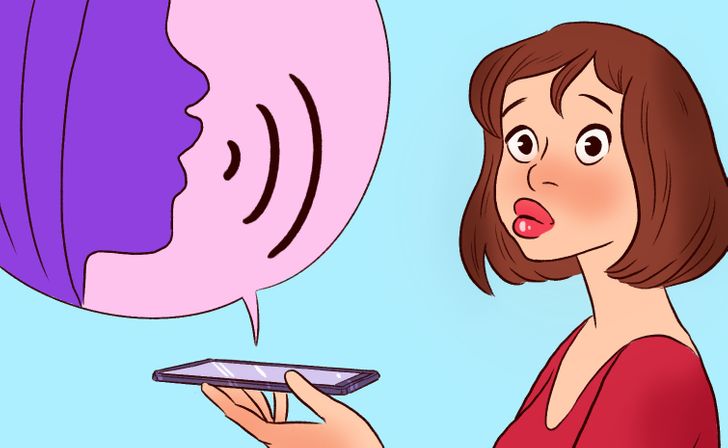
As a test for speech recognition systems, the companies set up focus groups for men and women and gave them different voices to listen to.
Many people prefer the female voice in this test. Female voices are perceived as more helpful and give people the feeling that they can solve their problems on their own.
Male voices seem more authoritative and provide answers to problems. In the end, we want technology to help us, but we also want to be the boss of it.
And Our Brain Simply Finds Women’s Voices More Soothing
A Stanford professor said that it is much easier to find a female voice that everyone likes than a male voice that everyone likes. This is simply because the human brain was developed to like female voices.
Some Tried To Introduce A Male Voice Before, But This Failed
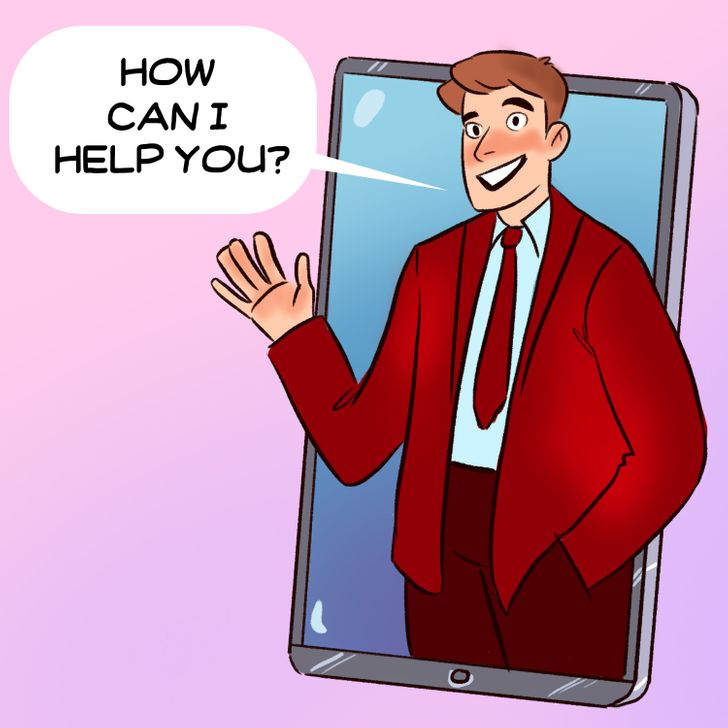
To achieve true gender diversity in a voice assistant system, many companies have already started introducing other options.
An example is Q, which is a recorded voice of people who do not identify as male or female. Other companies have tried to launch a voice assistant with a male and female voice.
But there was a technical reason it couldn’t: Because the systems were trained on female data, they generally performed better on female voices.
This Is The Real Gender Of Voice Assistants
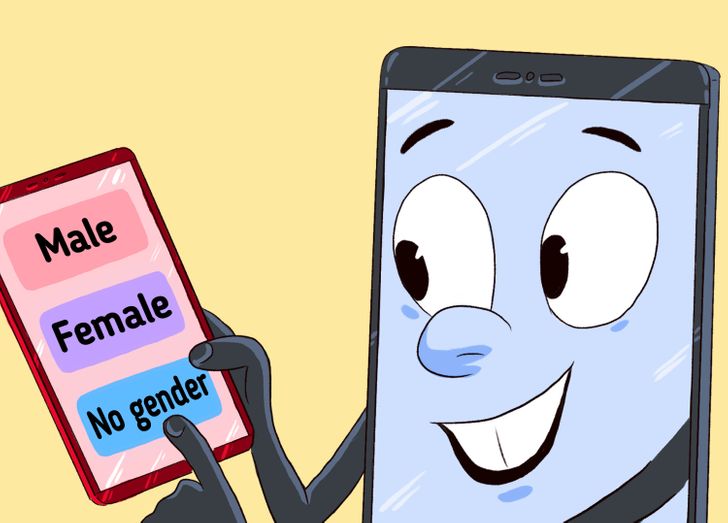
Ask Siri if she is female and you will hear her say that she is not one gender. However, due to the female voice, we also usually assign female pronouns to them.
Many warn us about the social consequences of introducing this voice, specifically in assistant applications. Its main message is that it is important to challenge stereotypical gender roles like these.
What kind of voice do you prefer for a voice assistant? Do you know of any technology that uses non-female voices?
Preview photo credit shutterstock.com, shutterstock.com
